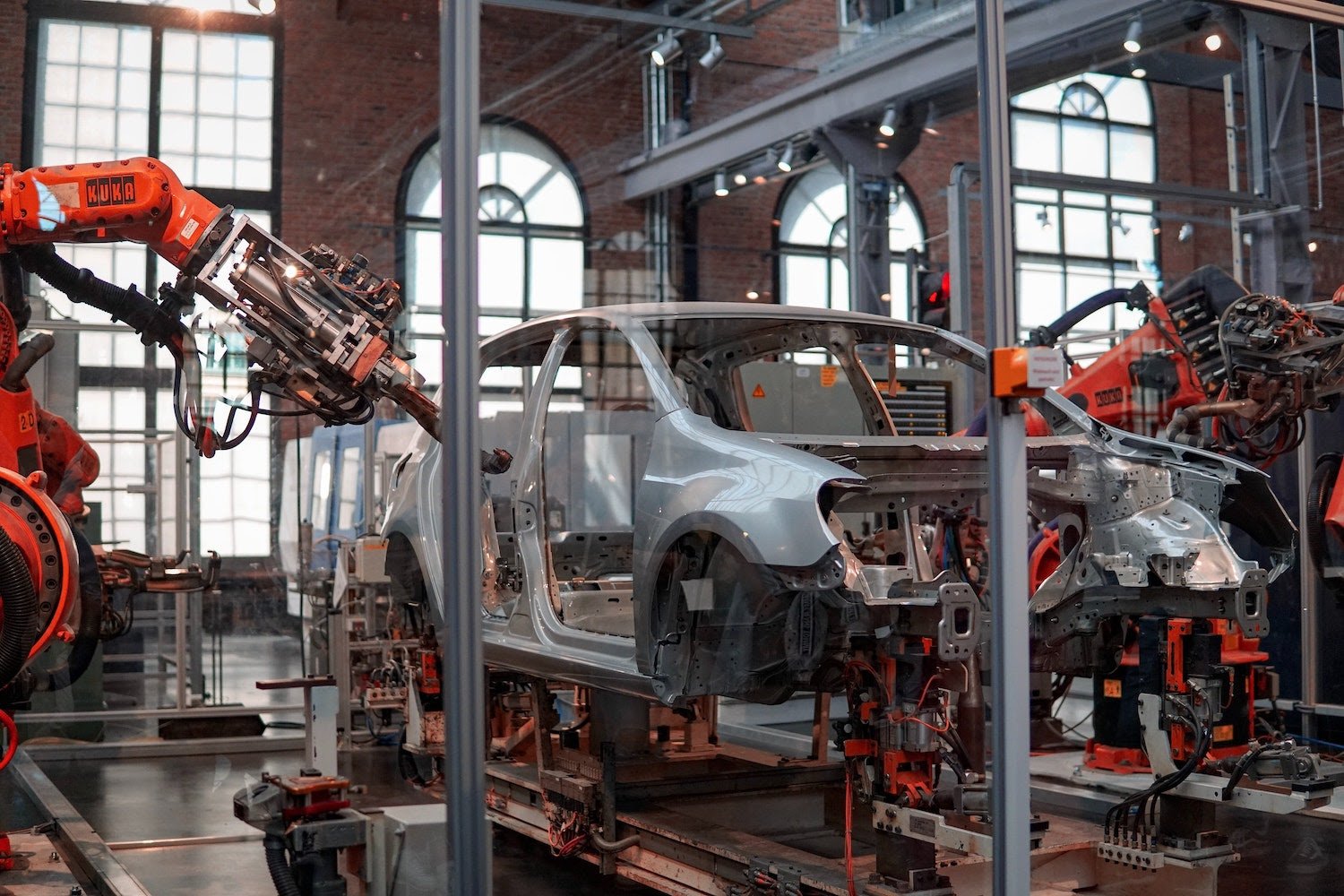Bossware
“In a perfectly efficient society man is redundant”
There’s that word, efficiency. The word is implicit elsewhere in this current edition of the Weekly with Sina’s introduction that features the central role played by technology in driving the very success of our species.
To state the obvious, human evolution has developed, indeed accelerated, due in large part to the efficiencies garnered by the compounding technological innovations, from the wheel to the printing press to quantum computing. The article cited in the introduction reckons that in just the 120-year period since 1900 the world output has grown thirty-three times even as the population has increased by five times.
So, no, there is no debate here about the role of technology in driving economic productivity.
Our discussion, however, will center around progress measured by a different metric i.e. the degree to which technology-enabled efficiencies affect the very nature of the human experience itself. We’ll leave for now the big macro-questions such as the virtue of growth for growth’s sake in a world of increasingly-limited resources or those matters addressing the climate change implications to instead zero in on one small illustrative example much closer to home – the advent of Bossware in the workplace.
We’d previously taken a peek at the darker side of technology as applied in the world of social media ( MM 11/27/20 (Social) Media Bias) as well as in the furtherance of political control, the seminal example being China where countless private data streams are fed into central government clearinghouses to be triangulated and analyzed via artificial intelligence (MM 1/15/18 Social Engineering (China) ). The potential reduction of man(kind) slowly reduced to an algorithm in the name of control, however, is certainly not exclusively an overseas phenomenon. Nor is it limited to governments.
Enter Bossware. Let it first be said that a company certainly has a legitimate bottom-line interest in optimizing the contribution of its employees whether they are in-house or remote. The issue becomes what is being measured and at what human cost, including the implied lack of trust.
What are the trade-offs when the estimated sixty percent of employers implement, often surreptitiously, an array of monitoring software tools and tracking devices that can access employee emails and chats or even log keystrokes, take screenshots, record mouse movements, activate webcams and microphones? These tools enable a peek into the very soul of employees who are thereby potentially reduced to a kind of virtual node on a network – like so many chickens stuffed into cages monitored for their daily egg production.
One even wonders whether that which is being measured is even relevant to meaningful job performance – or might actually be a contra-indicator -- as in our recent discussion of healthcare (MM 4/11/22) Radical Common Sense Healthcare) where it was observed that doctors seemed to spend more time interacting with their computer than their patients.
While not central to the article but perhaps biggest of all is the application of artificial intelligence into this new digitally-measured and -managed world. We’d discussed before AI’s stunning insinuation into the human dimension ( MM 1/24/22) Brave New (Fake) World ) e.g. pictures, speech, writing, even poetry. Technology has long surpassed man’s capacity when it comes to things like logic, pattern recognition, and search such that the threat to the so-called knowledge worker becomes up close and personal, at least as it relates to that which can be expressed digitally.
The irony is that one quality possessed by man that might help protect him from such redundancy is what’s referred to as “common sense.”

